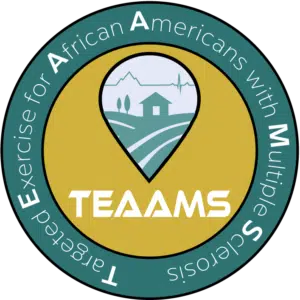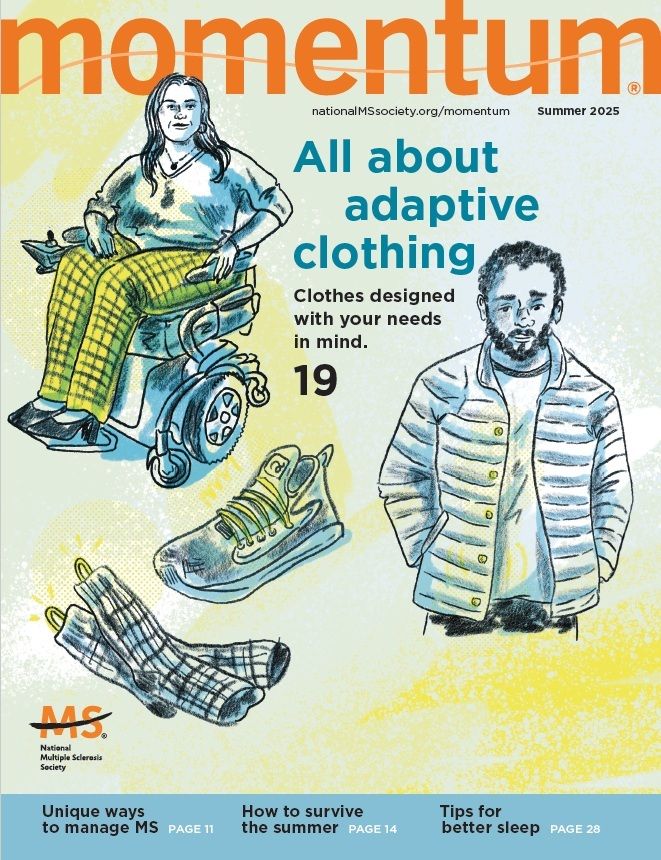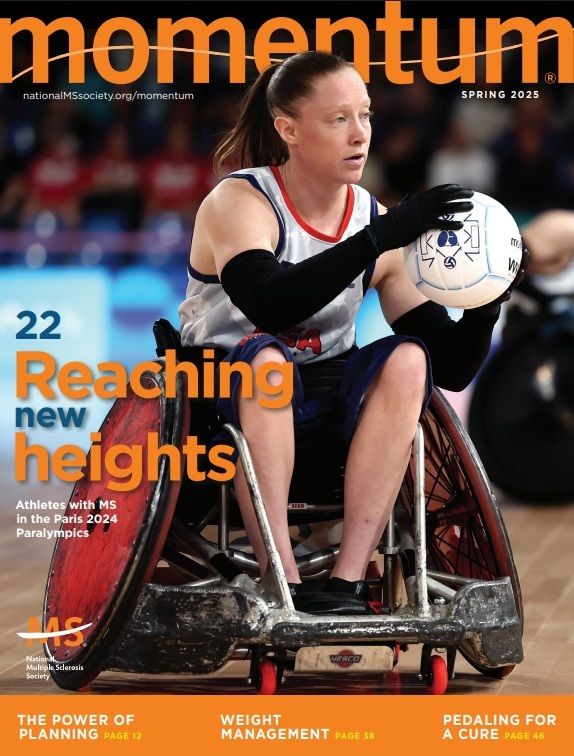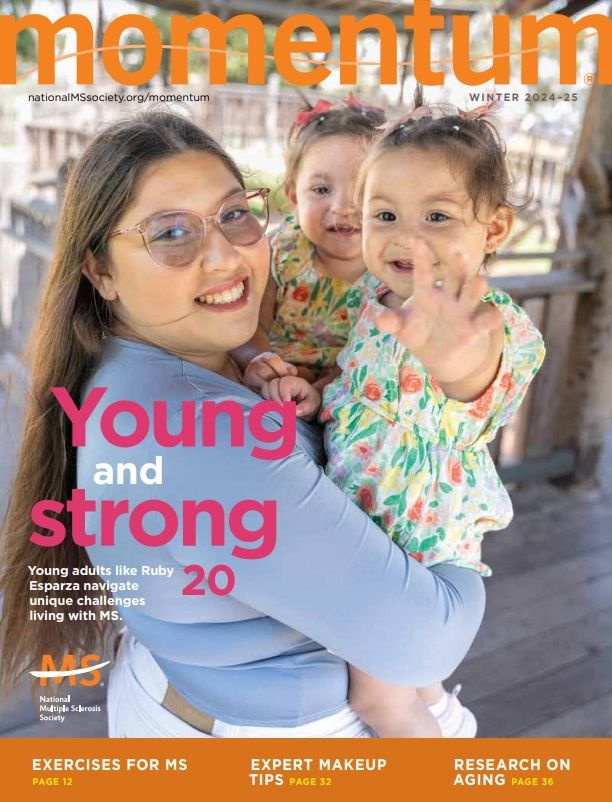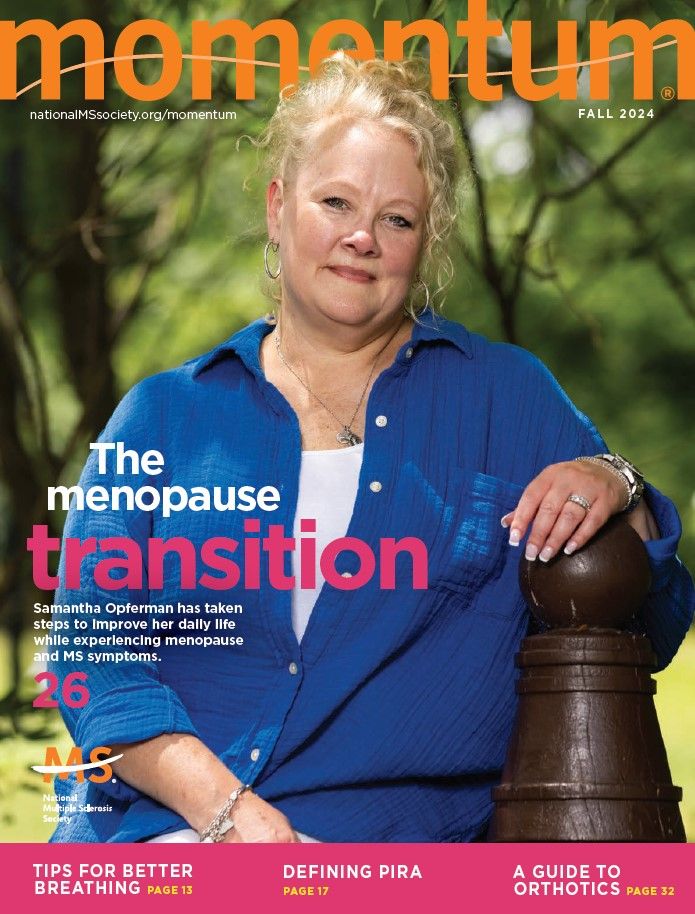“When developing our project, our diverse team had so many unique, thoughtful ideas on best approaches, and through mindful discussion we developed consensus on best approaches and steps for designing an appropriate program of exercise training for the Black community with MS,” Motl says.The TEAAMS project was informed by community engaged research conducted by Dominique Kinnett-Hopkins, PhD, of the University of Michigan. She and Motl collaborated in gathering feedback from Black individuals with MS regarding exercise program component preferences. The home-based exercise program includes culturally tailored components, such as images of Black individuals in the educational and motivational content and a certified coach from an underrepresented racial/ethnic group.“Most participants appreciate having a coach who is specifically not white or a male,” says TEAAMS coach Victoria Flores, PhD. “For participants who are from other countries – we have representation from Nigeria and Jamaica – having a coach that also comes from a cultural background with first-hand experience as a family acclimating to America and navigating challenges like the education system or owning a business, seems to enhance our conversations and rapport/trust.”Flores, a postdoctoral research associate at UIC, is Filipino-American.

